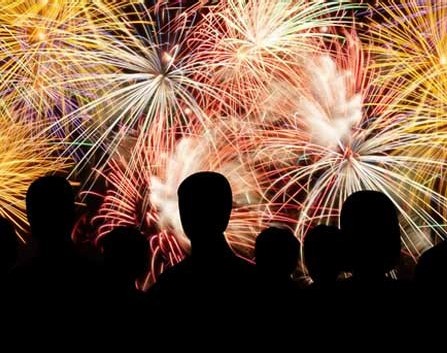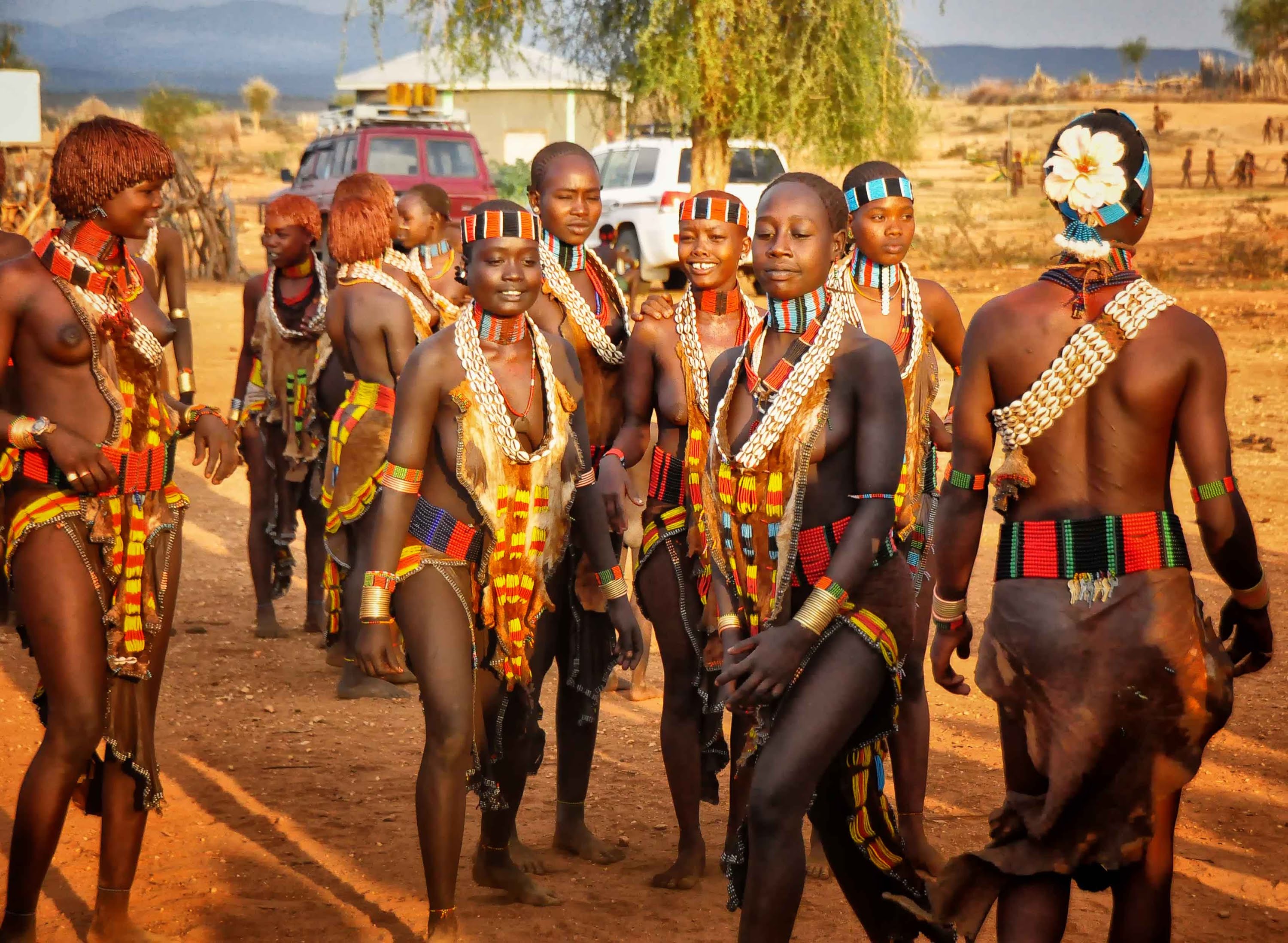The basic assumptions that a speaker or writer holds are often enfolded in an offhanded remark, asides of such conventional wisdom that their truth seems indisputable. These are precisely the suppositions that need to be questioned most.
 Take this recent statement by a writer for the august New York Times for example: “The traditions we champion matter more than ever.” The writer is referring to Trumpian nationalism and xenophobia, and a progressive program of counteracting it by instituting inclusive traditions and rituals.
Take this recent statement by a writer for the august New York Times for example: “The traditions we champion matter more than ever.” The writer is referring to Trumpian nationalism and xenophobia, and a progressive program of counteracting it by instituting inclusive traditions and rituals.
Aussies have taken to saying things like, “Welcome to country.” They don’t mean Down Under. It’s an implicit reference and intended corrective to the displacement and marginalization of indigenous peoples there.
On the authentic side, speakers explicitly state how the land was stolen, and give support to the fight for restitution. On the perfunctory side, they give lip service to “the traditional custodians of the land” in the same tone a flight attendant uses to tell passengers where the emergency exits are.
In America, the conventional idea is that to counter white supremacists, rapacious capitalists, and perpetuators of hate speech who were emboldened by the election of the dog-whistling Donald Trump, it’s necessary to champion broader traditions.
Somehow, this thinking goes, we have to come up with traditions and rituals that acknowledge the suppurating sins of colonialism and slavery. Somehow we need to “devise a new ritual for commencing our public events [like football games], one that recognizes the marginalized among us, simultaneously celebrating their traditions and keeping alive a more accurate story of our origin.”
While I sympathize with the sentiment, I question whether it is anything more than that. It assumes that traditions and rituals are central to our existence as human beings, that they define us as people, and that the past can be encompassed and put right through them.
That isn’t a valid and viable approach, but a superficial reaction that fails to understand the nature of tradition, and fails to see the unprecedented challenge the present world poses to culture as humans have known it for thousands of years.
Rather than vainly try to create inclusive traditions and rituals that acknowledge the wrongs of the past, don’t we need to emotionally grasp the fact that tradition itself has become essentially a dead weight, drowning humanity?
Just what is tradition? Isn’t it the distillation and largely implicit acceptance of the beliefs, norms and values of a people, laid down over time? Aren’t traditions cohesive patterns of thinking and behavior specific to a given people, incomprehensible to those who aren’t members of a
given culture, or even by subjugated groups of people within a given culture?
Imagine yourself suddenly transported to a relatively intact Maasai village in Tanzania, a place where cellphones haven’t penetrated, if there is such a place. Let’s say you’ve studied hard and become a Ph.D. anthropologist, and have learned the Maasai dialect and studied their culture. Would you understand and feel at home in that village?
Of course not, since the only way one can understand and appreciate a people’s traditions is to live with them and be immersed in their culture for a long time.
Once gone, traditions are gone. The implicitly accepted traditions of America, which always had shallow roots, are no longer cohesive, coherent or even recognizable. They can’t be patched together from fragments of peoples that have been kept down and marginalized, without the dominant group believing they are being put down and marginalized, and adopting a sense of grievance and victimhood. This is a key dynamic that gave rise to Trumpism.
Again, traditions and rituals are, or rather were slowly and mostly subconsciously made out of whole cloth of a cohesive culture, not stitched together from pieces of peoples’ pasts. This is the great flaw in surface notions of diversity, and the underlying reason multiculturalism is failing all over the world.
The conservative’s reaction is to say that we must reinvigorate our old traditions, since they are what made us (as in, ‘us vs. them’) a great nation. But their program only accelerates the erosion of traditions, which were implicitly held not explicitly imposed. And it contributes to the authoritarianism that is ascendant in America and around the world.
In short, modern society erodes traditions, and multiculturalism makes mincemeat out of them. Tradition itself has become, like other artifacts of humankind’s past, an anthropological relic.
The accumulation of scientific knowledge is one thing, the psychological accretions of the past another. The latter are the chains that enslave us as human beings. The accretions of the past, whether in the individual as memory, or in a people as tradition, are antithetical to human freedom.
In an intermingling global society, it has become imperative for the individual and the human species to move beyond symbolic man to a new stage of human being. One based not on tradition and ritual but on growing and cooperating in the creativity of direct perception and insight.
Martin LeFevre

